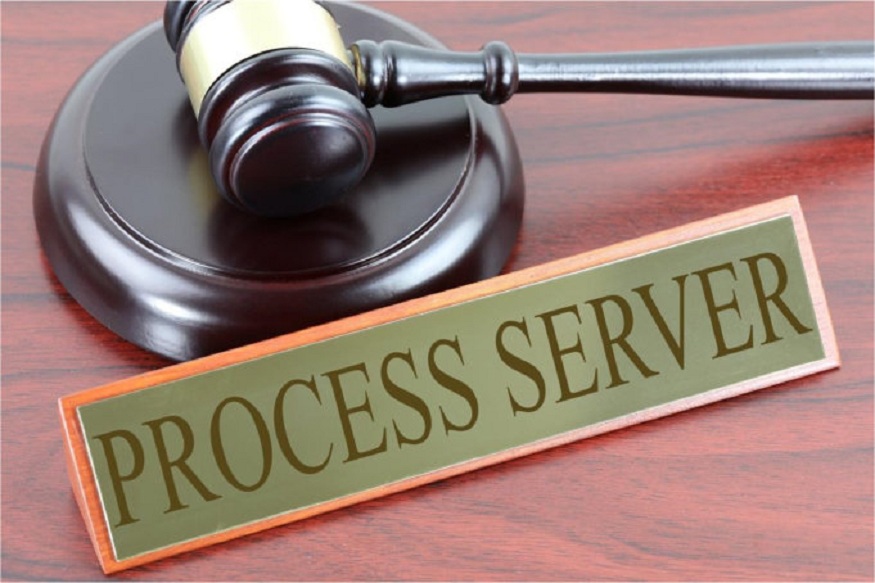In the intricate machinery of the legal system, there are many roles that, while not always in the spotlight, are absolutely fundamental to ensuring justice is served. Among these vital roles are process servers. Often operating behind the scenes, their work is critical to upholding the principles of fairness and due process within the British legal framework.
What Do Process Servers Do?
At its most fundamental, a process server is an individual responsible for formally delivering legal documents to a defendant or an individual involved in a court case. This act of delivery, known as “service of process,” is a crucial procedural step that ensures all parties are legally informed of actions taken against them or that require their participation.
The documents they serve can vary widely but commonly include:
- Claim Forms (Writs/Summonses): Notifying a party they are being sued.
- Petitions (e.g., Divorce Petitions): Initiating family law proceedings.
- Court Orders: Directing individuals to do or refrain from doing something.
- Statutory Demands: Formal demands for payment of a debt, often a precursor to bankruptcy or winding-up proceedings.
- Witness Summonses/Subpoenas: Requiring an individual to attend court to give evidence.
- Injunctions: Court orders prohibiting specific actions.
The process of serving these documents is not as simple as merely dropping them through a letterbox. Process servers adhere to strict legal rules and procedures to ensure the service is valid. This often involves:
- Personal Service: Handing the documents directly to the individual named. This is often the preferred method as it leaves little room for dispute.
- Substituted Service: If personal service is not reasonably possible, a court may order “substituted service,” which could involve leaving documents with a family member, posting them to a last known address, or even advertising in a newspaper, but only if sanctioned by the court.
- Affidavits/Statements of Service: After successful service, the process server must complete a detailed legal document (an affidavit or statement of service) confirming when, where, and how the documents were served. This sworn statement is then provided to the court as proof that due process has been followed.
- Tracing: Often, individuals can be difficult to locate. Process servers frequently employ tracing techniques and skip tracing (locating individuals who have absconded) to find the correct recipient, ensuring documents reach the intended party.
- Professionalism and Discretion: They operate with a high degree of professionalism, often dealing with sensitive situations and sometimes reluctant recipients, requiring discretion and a calm approach.
Why Is Their Work Important?
The work of process servers is absolutely vital to the integrity and fairness of the British legal system for several critical reasons:
- Ensuring Due Process and Fairness: The foundational principle of natural justice dictates that everyone has the right to know they are being sued or that a legal action involves them. Process servers ensure this right is upheld, giving individuals the opportunity to respond, defend themselves, or comply with court orders. Without proper service, a court case cannot proceed fairly, and any judgment obtained might be challenged and overturned.
- Upholding the Rule of Law: For court orders and judgments to be enforceable, it must be proven that the subject of the order was properly informed. Process servers provide this essential proof, lending legitimacy and enforceability to legal actions.
- Preventing Delays and Obstruction: By diligently tracing and serving individuals, process servers prevent delays in legal proceedings that could arise from defendants avoiding service. Their persistence ensures that cases can move forward efficiently.
- Impartiality and Objectivity: Process servers are independent third parties. This independence ensures that the service of documents is carried out objectively, without bias or personal involvement from the parties in dispute, thereby enhancing the credibility of the legal process.
- Evidence for the Court: The detailed affidavits of service provided by process servers serve as crucial evidence for the court, proving that all necessary procedural steps have been taken correctly. This is paramount for the court to have confidence in its own judgments and orders.
In conclusion, while they may not wear wigs and gowns, process servers such as Eclipse Legal Services are indispensable cogs in the legal machine. Their meticulous and often challenging work ensures that the principle of “due process” is not just a legal theory but a practical reality, underpinning the fairness and effectiveness of justice in the UK.

